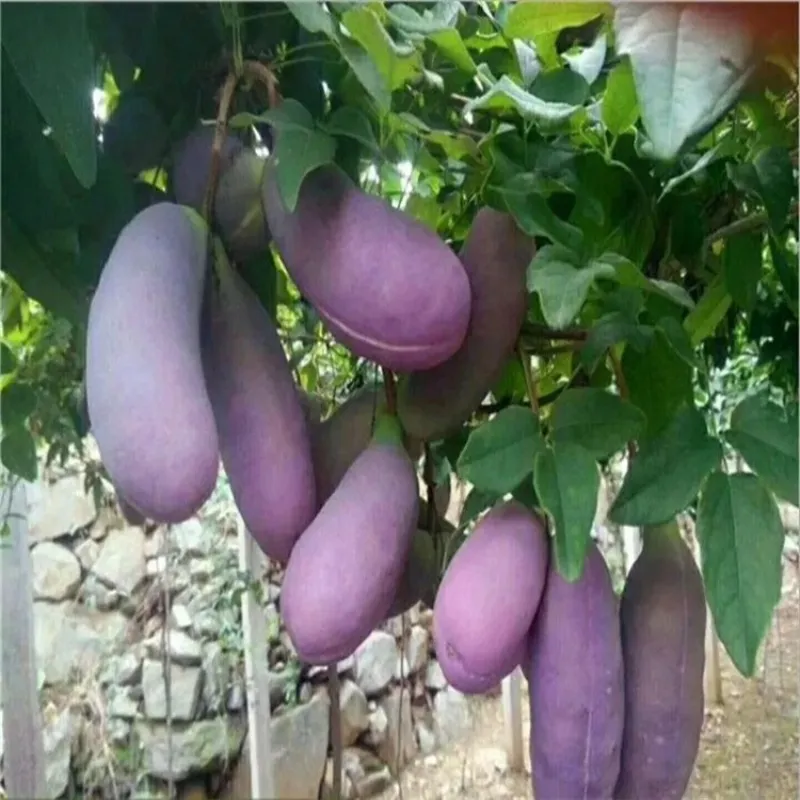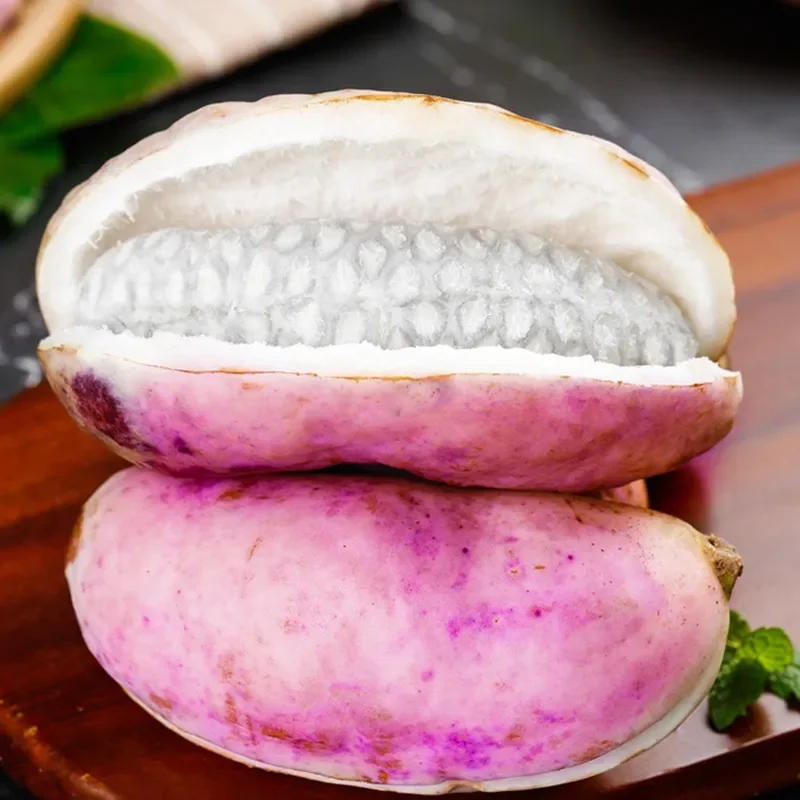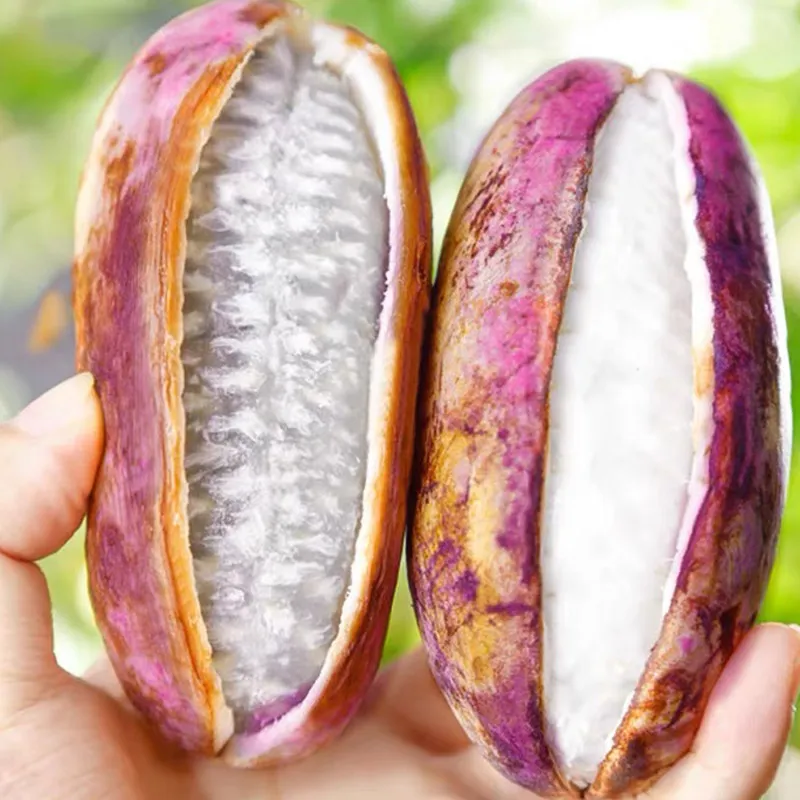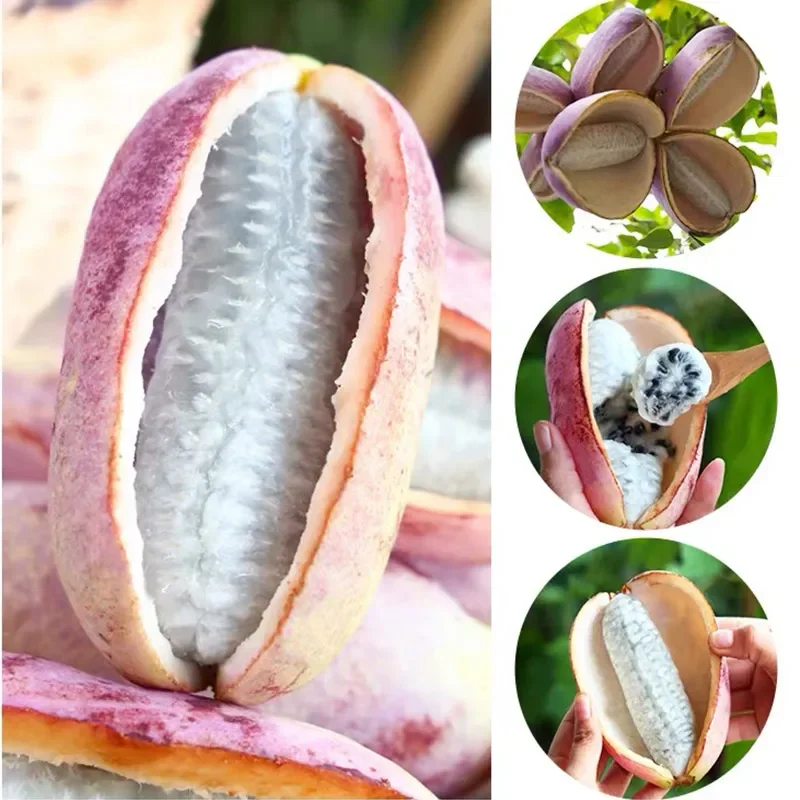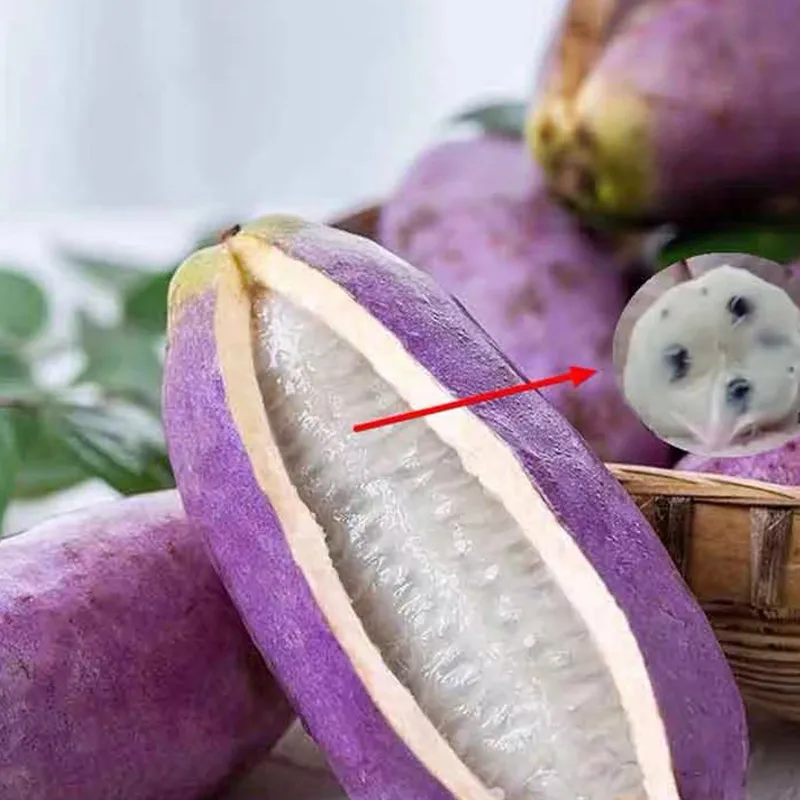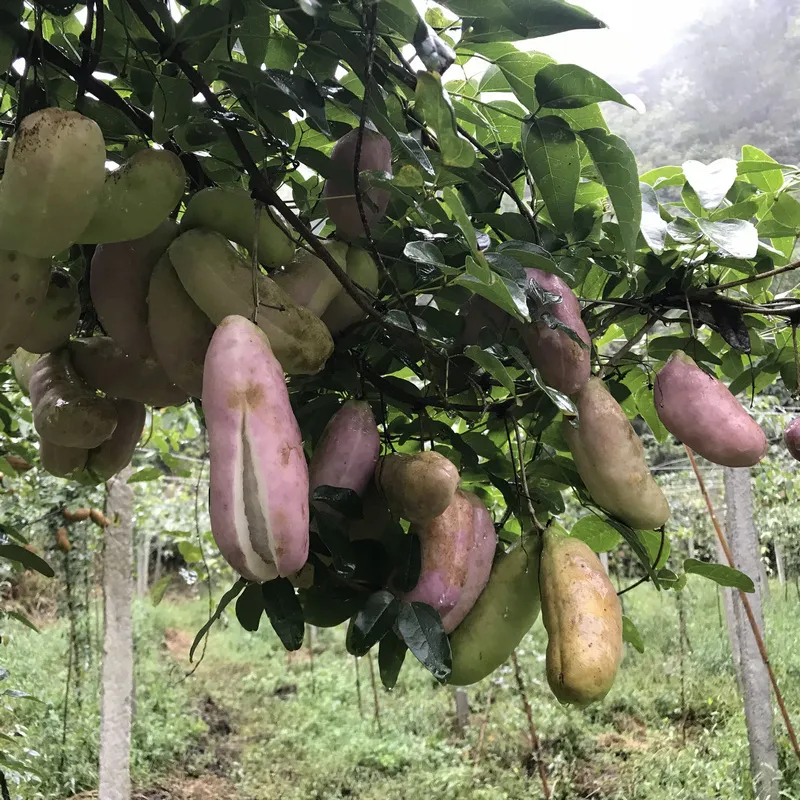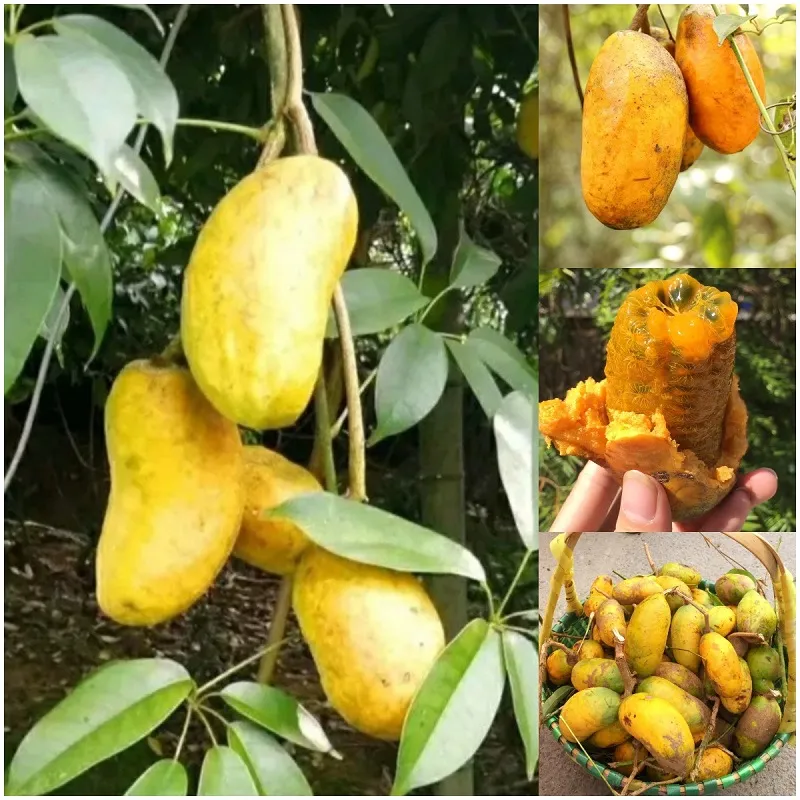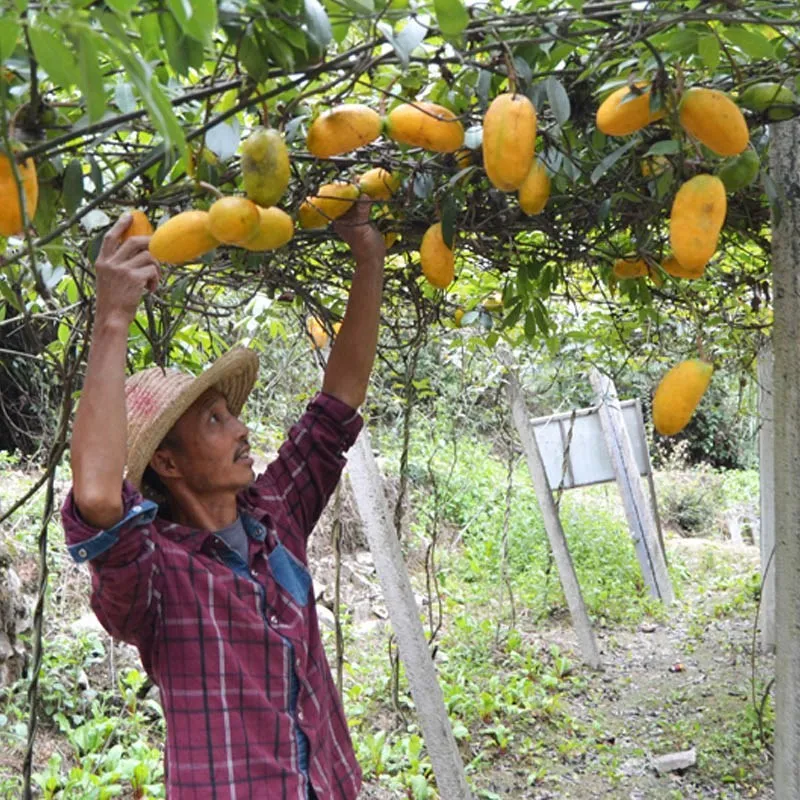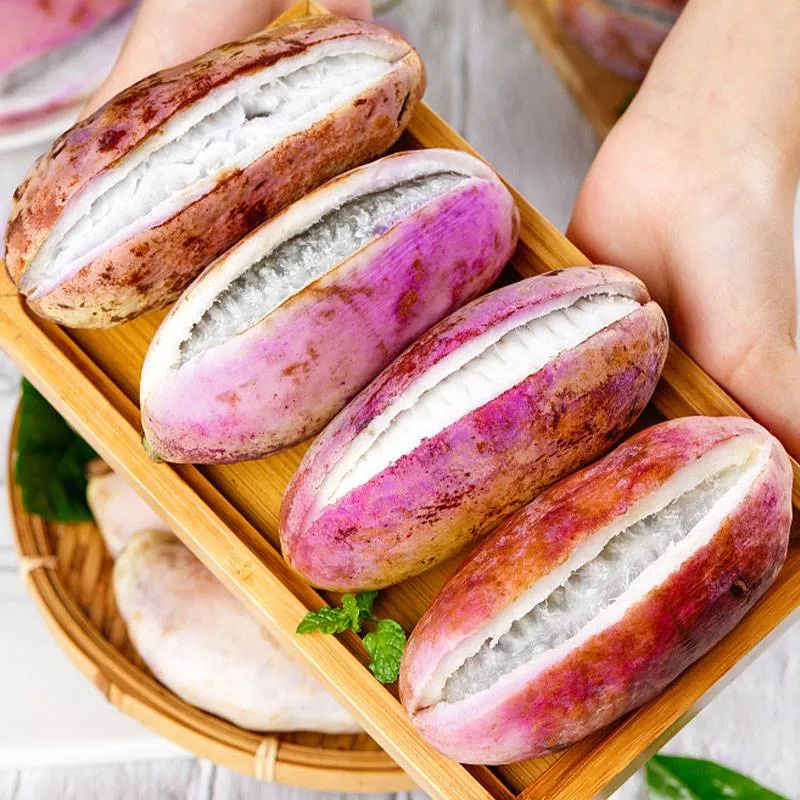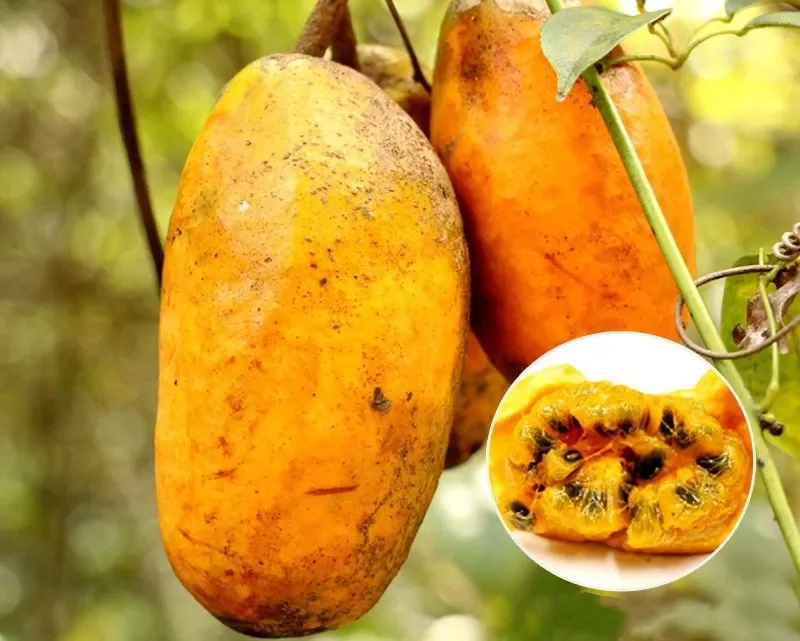[พร้อมส่ง] เมล็ดแตงโมสิงหาคมสด 100% ปลูกง่าย ผลหวาน ฉ่ำ อร่อย แพ็ค 50 เมล็ด ผสมเมล็ดแตงโมสิงหาคม เมล็ดผลไม้กินได้, เมล็ดพืชผัก, พันธุ์ไม้ผล, บอนไซ, บอนไซ, ต้นแคระ, ผลไม้อร่อย, เมล็ดพันธุ์ดอกไม้, เมล็ดพันธุ์ไม้ผล ปลูกได้ทั่วไทย
รายละเอียดสินค้า [พร้อมส่ง] เมล็ดแตงโมสิงหาคมสด 100% ปลูกง่าย ผลหวาน ฉ่ำ อร่อย แพ็ค 50 เมล็ด ผสมเมล็ดแตงโมสิงหาคม เมล็ดผลไม้กินได้, เมล็ดพืชผัก, พันธุ์ไม้ผล, บอนไซ, บอนไซ, ต้นแคระ, ผลไม้อร่อย, เมล็ดพันธุ์ดอกไม้, เมล็ดพันธุ์ไม้ผล ปลูกได้ทั่วไทย
Our store are high quality seeds sourced from all around the world which are hand picked varieties specifically for optimal growing in Asian. Select Seeds are only commercially acceptable (uniform growth, high germination, long life shelf, top rated market varieties) making sure we bring only the best available seeds at an affordable price.
Sowing
The melon fruits are ripe from September to October in August, and the seeds left after eating are sown in time in autumn or mixed with wet sand for storage, and sown from March to April the next year. Before sowing the seeds, wash them with alkaline water first, then rinse them with clean water, and drain the water for later use. Sandy loam soil should be chosen as the seedbed, the bed width is 1.5 meters, the bed length is determined according to the plot, and the bed height is 15 cm. Open horizontal shallow furrows on the seedbed with a row spacing of 20 cm, with a depth of 3-5 cm, and sow about 100 seeds evenly into each furrow. After sowing, apply decomposed human and livestock manure and urine and cover with plant ash, and finally cover with fine soil about 1.5 cm. Autumn sowing is appropriate after the autumnal equinox, and spring sowing is appropriate after the startling sting. The thickness of cover soil for autumn sowing is 1-1.5 cm, and the thickness of cover soil for spring sowing is 0.5-1.5 cm. The seeds germinated and unearthed in mid-to-late April. At this time, pay attention to shading and irrigation to keep the seedbed moist. After the seedlings emerge, intertillage and weeding are combined with intertillage, weeding and topdressing. When the seedlings are 4-5 cm, the seedlings can be thinned, and 1 plant will be left every 5 cm. At the same time, use small bamboo sticks with branches to insert rows for climbing and promote seedlings. Grow. During the whole seedling growth period, the seedbed should be free of weeds and the soil should be moist. Water should be timely in drought, and drainage should be opened in rainy season to avoid accumulation of water and rotten roots. Topdressing timely to speed up the growth of seedlings. Seedlings can be transplanted after 2 years. Seed propagation is simple and easy.
Cultivation Techniques
Choose a place
August melon is a shallow-rooted tree species with no main roots and particularly developed lateral roots, so the soil requirements are not too strict. However, they like light and calcium. Generally, sandy loam and medium loam with open terrain and sunny leeward should be selected, and water-flooded land is not suitable. The August melon planted in thick soil has a loose texture, water retention, strong fertility retention, good air permeability, fast growth, high yield, good quality, and low production cost.
Planting
In winter, dig holes with length and width of 50 cm each and 30 cm in depth at a row spacing of 1.5 meters × 2 meters. When digging the holes, the topsoil and core soil are piled separately, and each hole is filled with about 30 kg of decomposed farmyard manure and mixed with the topsoil. Fill in the hole with the soil. Transplant the bred August melon seedlings into the hole before the sprouting of the August melon vines in spring. Avoid planting too deep to cause water damage. After planting, water thoroughly and cover the roots with about 10 cm thick grass. All weeds and crop straws can be used as mulch. After covering, evenly press some soil to prevent wind and fire.
Nurture
The August melon seedlings are soft and colorful after they grow new shoots. They should be tied up in time to prevent herbivores from eating, and proper top dressing should be used to promote the growth of the seedlings. In August, melon blossoms, new shoots grow, and leaf curtains form at the same time. After the flowers fall, the young fruits are fast and long-term. When the tree body consumes a lot of nutrients, sufficient fertilization and water should be applied before flowering to ensure the tree body’s nutrient needs. During the fruit swelling period, the flower buds begin to differentiate, and it is advisable to increase the application of phosphorus and potassium fertilizers, which can promote fruit maturity and facilitate the formation of flowers in the coming year. In the wild state, the self-pollination rate and fruit setting rate of August melon are very low, and the fruit drop is serious. In artificial domestication and cultivation, in addition to increasing the application of organic fertilizer, artificial cross-pollination should be carried out during the flowering period to increase the fruit setting rate. The new shoots of August melon have two kinds of short shrinkage branch and non-short shrinkage branch. The non-short shrinkage branch has the phenomenon of withered top, so there is no top bud. Flower buds are mixed buds, which often grow on the top of short shrunken branches or 1-year-old branch vines. The top flower buds are the main fruit. The pruning is mainly based on thinning, cutting off diseased branches, excessively dense branches, and weak branches. The top flower buds are the main fruit, and should be as short as possible or not shortened.
Main value
1. Watch
August melon is evergreen in four seasons, finger-shaped compound leaves are green and beautiful, the branches grow fast, grow luxuriantly, and the leaf shape and color are unique. It blooms in spring and summer, with new shoots and leaves growing at the same time. The red-purple, green-white inflorescence is fragrant and pleasant. The lavender oar fruit can be enjoyed and edible in autumn. Its vines are soft and have strong tensile strength. It is an excellent climbing greening tree species. It can be used as a flower stand, scaffolding, fence, fence, tree trunk and other objects in the garden. It can also be dotted among rocks, rockeries, and stacked stones. , The leaves and vines are plentiful, wild and natural. Potted plants can be used as hanging decorations or pile scenery materials, foliage viewing, flowers and fruit tasting, good scenes are always new throughout the year, August melons are rich in fragrance, have a long flowering period, and have a long-lasting fragrance. They are also very good nectar plants.
2. Edible
The flesh of August melon is milky white, has a smooth taste and a sweet taste. It has a unique fragrance that is different from other fruits. The nutrient and chemical components of the fruit need to be determined. The seeds can be edible by squeezing oil. In addition to fresh food, the fruit can also be used for brewing, making fruit pulp and beverages.
3. Medicinal
The root can be used as medicine to treat bruises, rheumatism and bone pain; fruit to treat hernia and uterine prolapse.